belum terdaftar anggota QQEMAS?
JOIN NOWLatest Posts

Prediksi Bola Brommapojkarna Vs Goteborg 30 April 2024
Situs bola terpercaya QQ Emas hari ini telah menghadirkan ulasan Prediksi Bola Brommapojkarna Vs Goteborg 30 April 2024. Sweden Allsvenskan matchday 6 terjadi bentrokan seru... Read More »
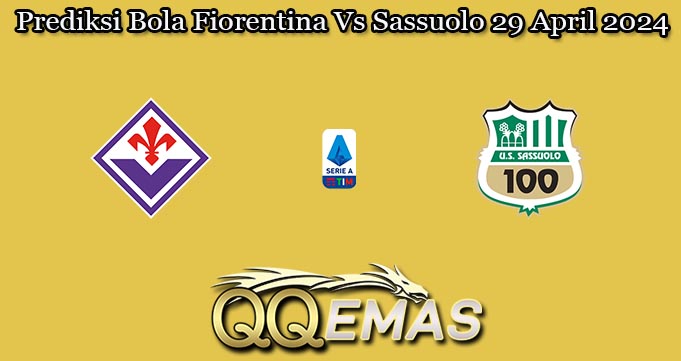
Prediksi Bola Fiorentina Vs Sassuolo 29 April 2024
Situs bola terpercaya QQ Emas hari ini telah menghadirkan ulasan Prediksi Bola Fiorentina Vs Sassuolo 29 April 2024. Giornata 34 Serie A menhadirkan laga seru... Read More »
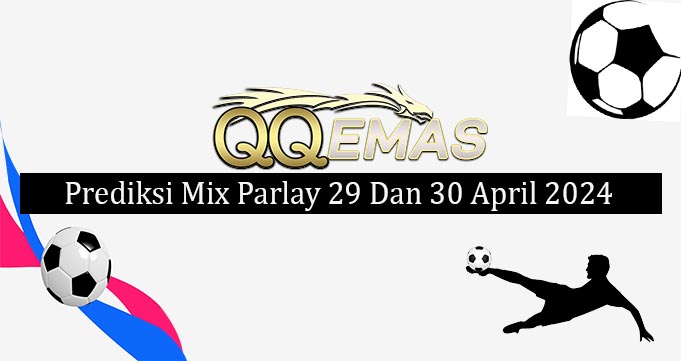
Prediksi Mix Parlay 29 Dan 30 April 2024
Prediksi Mix Parlay 29 Dan 30 April 2024 telah hadir di situs prediksi parlay terlengkap dan terbaik QQemas. Pada Mix parlay kali ini kami menyediakan prediksi... Read More »

Prediksi Bola Rennes Vs Brest 28 April 2024
Situs bola terpercaya QQ Emas hari ini telah menghadirkan ulasan Prediksi Bola Rennes Vs Brest 28 April 2024. Ligue 1 matchday 31 menhadirkan pertandingan seru... Read More »

Prediksi Bola Leverkusen Vs Stuttgart 27 April 2024
Situs bola terpercaya QQ Emas hari ini telah menghadirkan ulasan Prediksi Bola Leverkusen Vs Stuttgart 27 April 2024. BayArena akhir pekan ini menhadirkan pertandingan kompetisi... Read More »
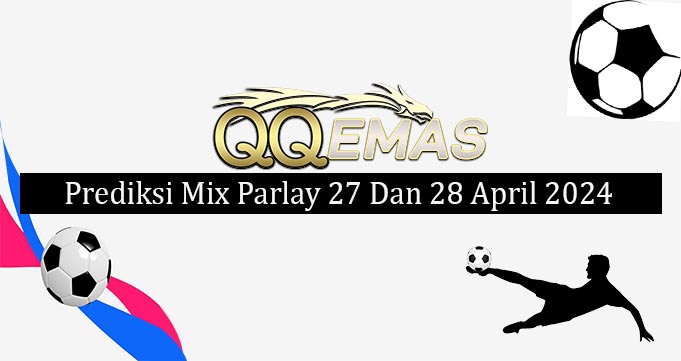
Prediksi Mix Parlay 27 Dan 28 April 2024
Prediksi Mix Parlay 27 Dan 28 April 2024 telah hadir di situs prediksi parlay terlengkap dan terbaik QQemas. Pada Mix parlay kali ini kami menyediakan prediksi... Read More »

Prediksi Bola Palestino Vs Millonarios 26 April 2024
Situs bola terpercaya QQ Emas hari ini telah menghadirkan ulasan Prediksi Bola Palestino Vs Millonarios 26 April 2024. Estadio Francisco Sanchez Rumoroso pekan ini hadir... Read More »

Prediksi Bola Ajax Vs Excelsior 25 April 2024
Situs bola terpercaya QQ Emas hari ini telah menghadirkan ulasan Prediksi Bola Ajax Vs Excelsior 25 April 2024. Kompetisi Eredivisie memasuki matchday 31 pekan ini... Read More »
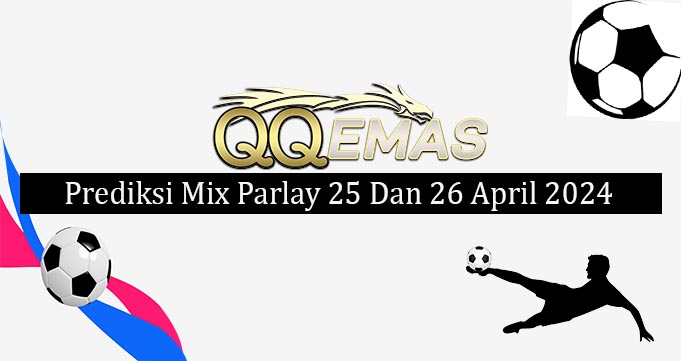
Prediksi Mix Parlay 25 Dan 26 April 2024
Prediksi Mix Parlay 25 Dan 26 April 2024 telah hadir di situs prediksi parlay terlengkap dan terbaik QQemas. Pada Mix parlay kali ini kami menyediakan prediksi... Read More »
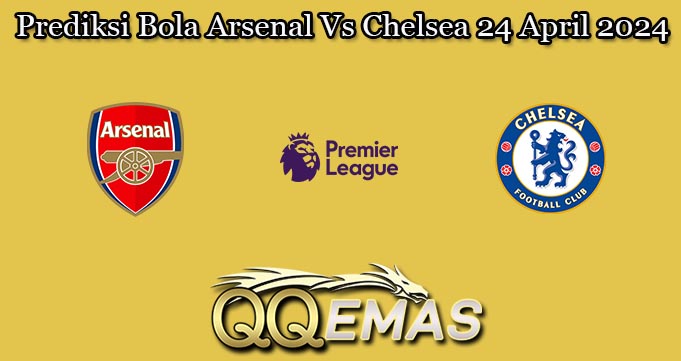
Prediksi Bola Arsenal Vs Chelsea 24 April 2024
Situs bola terpercaya QQ Emas hari ini telah menghadirkan ulasan Prediksi Bola Arsenal Vs Chelsea 24 April 2024. Tengah pekan ini kompetisi Liga Inggris mengelar... Read More »








